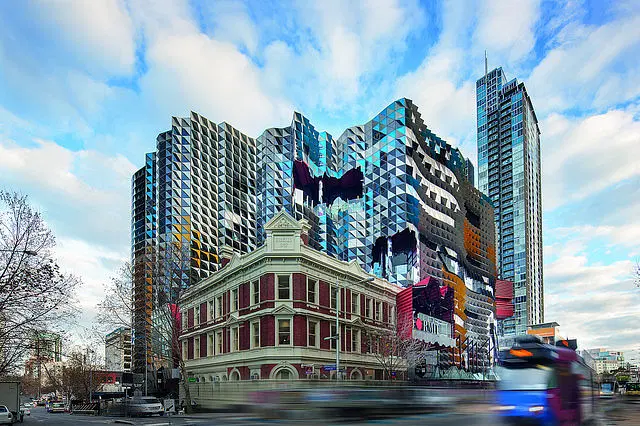RMIT University: A Global Leader in Technology, Design, and Enterprise
RMIT University, known officially as the Royal Melbourne Institute of Technology, stands as a beacon of innovation and excellence in the realms of technology, design, and enterprise. With a legacy that spans over 130 years, RMIT has continually evolved to meet the demands of a rapidly changing world, solidifying its reputation as a global leader in higher education. This article delves into the university’s rich history, its current contributions to various fields, and its vision for the future.
A Historical Overview
Founded in 1887, RMIT began as the Working Men’s College with a mission to provide education in the arts, science, and technology to working men and women. Its establishment was a response to the industrial revolution’s demand for skilled labor, and it quickly grew into one of Australia’s premier institutions. Over the decades, RMIT expanded its academic offerings and facilities, becoming a university in 1992. Today, it operates campuses across Australia and internationally, including in Vietnam and Spain, serving over 90,000 students worldwide.
Cutting-Edge Technology and Innovation
RMIT’s commitment to technology is evident in its state-of-the-art facilities and research initiatives. The university hosts a variety of specialized research centers that focus on areas such as advanced manufacturing, artificial intelligence, and cybersecurity. These centers not only contribute to academic knowledge but also collaborate with industry partners to drive technological advancements.
For instance, RMIT’s Advanced Manufacturing Precinct integrates traditional manufacturing with digital technologies, fostering innovations in 3D printing and materials science. This facility supports both research and teaching, providing students with hands-on experience in cutting-edge manufacturing processes.
Excellence in Design
Design is another cornerstone of RMIT’s academic offerings. The university’s School of Design is renowned for its creative and forward-thinking approach, attracting students from around the globe. RMIT’s design programs cover a wide spectrum, including fashion, architecture, industrial design, and visual communication.
The RMIT Design Hub, a striking architectural landmark in Melbourne, serves as a collaborative space for designers, researchers, and industry professionals. It hosts exhibitions, workshops, and public lectures, fostering a vibrant community of innovators. The university’s commitment to sustainability and social impact is also reflected in its design curriculum, preparing students to address global challenges through creative solutions.
Enterprise and Entrepreneurship
RMIT’s focus on enterprise is woven into the fabric of its educational philosophy. The university encourages entrepreneurial thinking and provides numerous resources to support startups and business ventures. RMIT Activator, the university’s entrepreneurial hub, offers programs, mentoring, and funding opportunities to students and alumni looking to launch their own businesses.
Moreover, RMIT’s strong industry connections ensure that students gain practical experience through internships, co-op programs, and industry projects. These partnerships not only enhance employability but also foster innovation and economic growth. RMIT’s graduates are known for their ability to adapt to various professional environments and contribute meaningfully to their fields.
A Global Perspective
RMIT’s international presence is a testament to its commitment to global education. The university’s campuses in Vietnam and Spain offer students the opportunity to study in diverse cultural environments while receiving the same high-quality education as in Australia. RMIT also has numerous partnerships with institutions worldwide, facilitating student exchanges, joint research projects, and global collaboration.
This international focus is integral to RMIT’s mission to prepare students for a globalized world. By promoting cross-cultural understanding and collaboration, the university equips its graduates with the skills and perspectives needed to thrive in an interconnected global economy.
Future Directions
Looking ahead, RMIT continues to innovate and expand its offerings to meet the needs of the future. The university is investing in digital transformation, enhancing its online learning platforms and incorporating new technologies into its teaching and research. Sustainability remains a key priority, with initiatives aimed at reducing the university’s environmental footprint and promoting sustainable practices across all campuses.
RMIT’s strategic plan outlines a vision of growth and impact, emphasizing the importance of community engagement, diversity, and inclusion. By fostering a culture of innovation and resilience, RMIT aims to remain at the forefront of higher education and continue making significant contributions to society.
Conclusion
RMIT University stands out as a global leader in technology, design, and enterprise, dedicated to providing high-quality education and fostering innovation. With a rich history and a forward-thinking approach, RMIT prepares its students to meet the challenges of the future and make a positive impact on the world. Whether through groundbreaking research, creative design solutions, or entrepreneurial ventures, RMIT’s influence is felt far and wide, cementing its place as a premier institution for higher learning.
